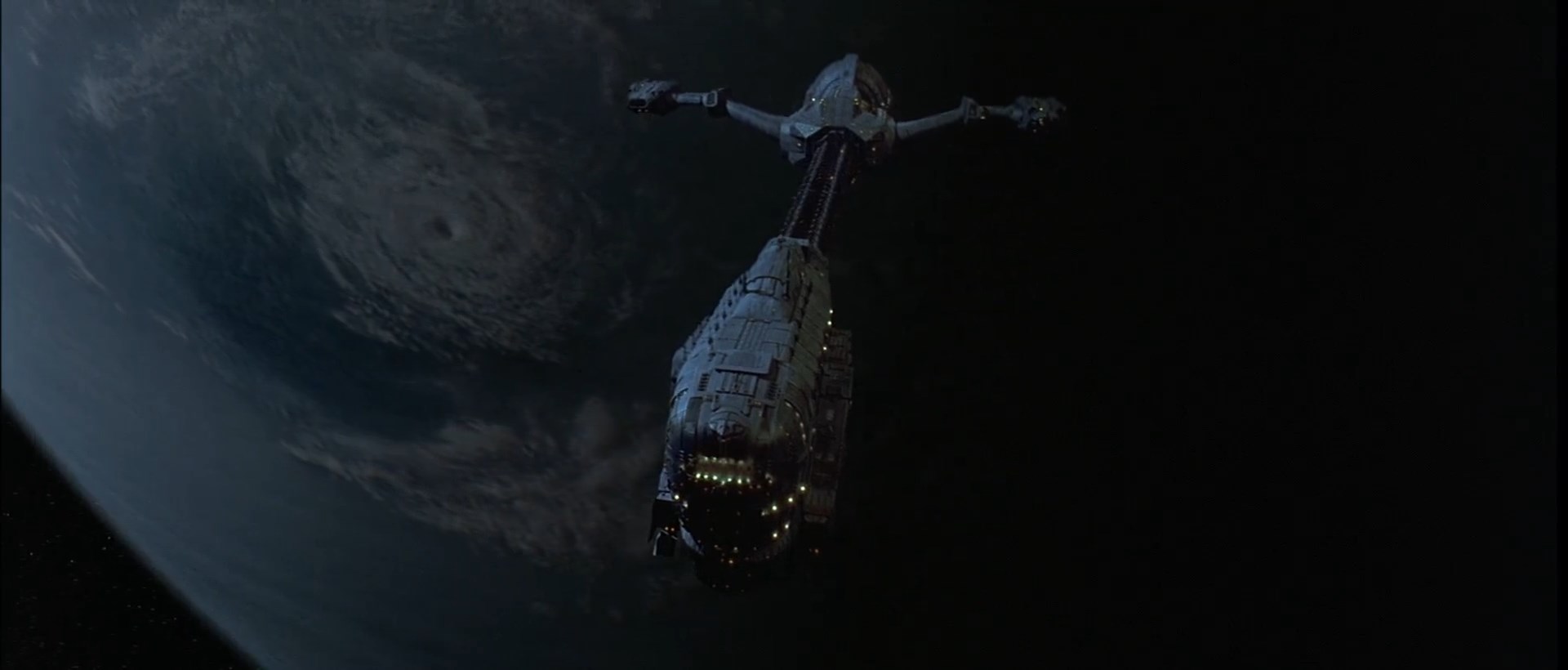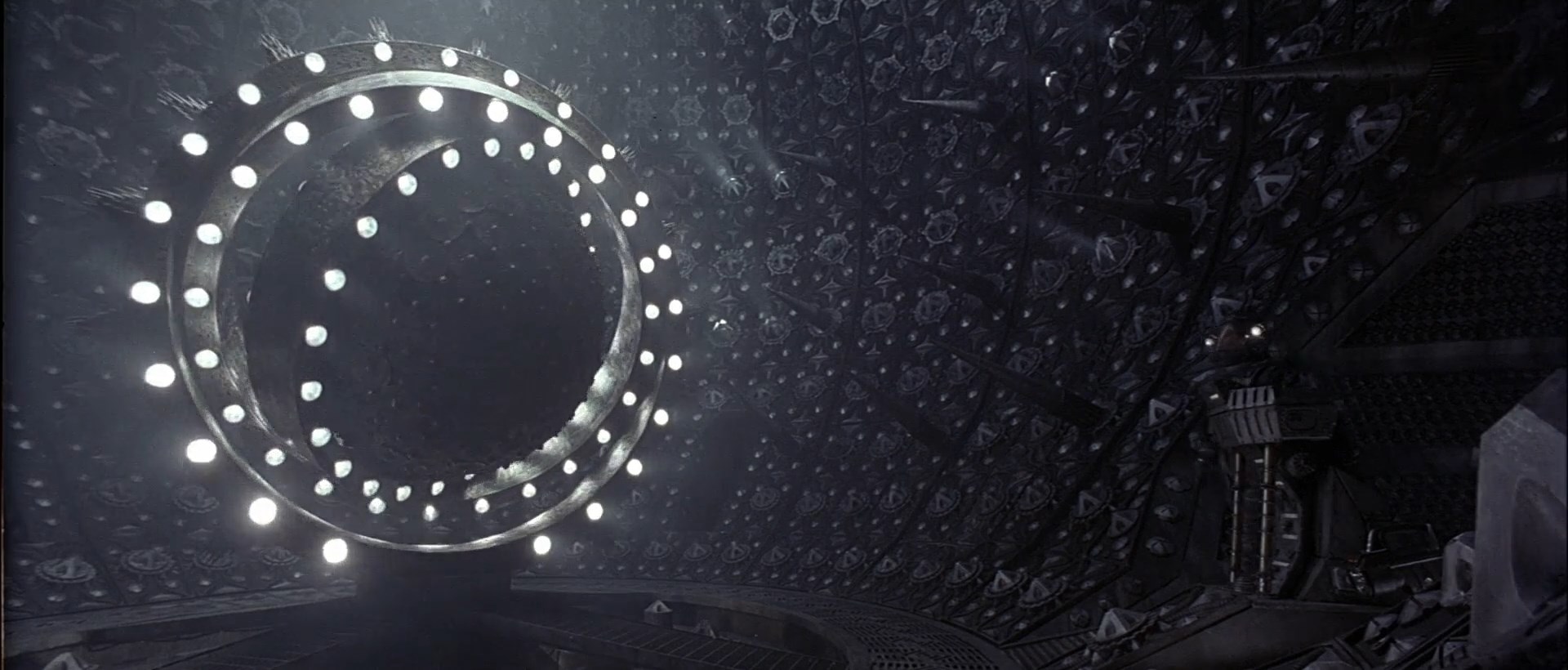We’re always told that we should be careful to distinguish between Israel and “the Jews” and rightly so, that any particular Jewish person or group of Jews cannot be held accountable for the actions of Israel just vbecause they are Jewish. That even as genocide is waged in the name of the Jewish State, we should still make that distinction no matter how much Israel and its propagandists want to erase it, to pretend that Israel is the end and be all of Jewish existence, that all Jews worldwide support it, that opposing it is alwayys antisemitic.
This is good and moral and just to strive to. Plenty of Jewish people and organisations have been outraged and protesting the genocide in Gaza, while plenty of non-Jewish Zionists have enthusiastically supported it. Our governments are not delivering arms and support for the genocide because they’re run by a secret Jewish cabal, they do that for their own purposes. Indulging in antisemitic nonsense about “the Jews” is just letting them off the hook, no different from thinking all Muslims are terrorists.
For Palestinians –the actual victims of Israeli ethnic cleansing and genocide– though the story is different. They have to live with the reality of what is genuinely a Jewish supremacist state, no different from how Black south Africans had to live with the reality of the Apartheid white supremacist state. The violence against them is Jewish violence and yet they are asked to deny this, as Mohammed El-Kurd talks about in this Mondoweiss article from September 2023:
This was no secret. We lived under the rule of the self-proclaimed “Jewish State.” Israeli politicians have exhausted this line, and their international peers nodded along. The army declared itself a Jewish army and marched under what it has called a Jewish flag. Jerusalem city councilmen boasted “tak[ing] house after house” because “the bible says that this country belongs to the Jewish people,” and Knesset members sang similar tunes. These legislators weren’t fringe or far-right: the Israeli nation-state law explicitly enshrines “Jewish settlement” as a “national value … to encourage and promote.”
Still, though this was no secret, we were instructed to treat it as such, sometimes by our parents, sometimes by well-meaning solidarity activists. We were instructed to ignore the Star of David on the Israeli flag, and to distinguish Jews from Zionists with surgical precision. It didn’t matter that their boots were on our necks, and that their bullets and batons bruised us. Our statelessness and homelessness were trivial. What mattered was how we spoke about our keepers, not the conditions they kept us under—blockaded, surrounded by colonies and military outposts—or the fact that they kept us at all.
For the sake of western optics, Palestinians are supposed to deny the reality of their oppressors. Because of the inherent antisemitist history of Europe and America, abny allusion as to why these oppressors feel entitled to their land is verboten and Mohammed El-Kurd is tired of it:
Here is where I stand. There is a Jew who lives–by force—in half of my home in Jerusalem, and he does so by “divine decree.” Many others reside—by force—in Palestinian houses, while their owners linger in refugee camps. It isn’t my fault that they are Jewish. I have zero interest in memorizing or apologizing for centuries-old tropes created by Europeans, or in giving semantics more heft than they warrant, chiefly when millions of us confront real, tangible oppression, living behind cement walls, or under siege, or in exile, and living with woes too expansive to summarize. I’m tired of the impulse to preemptively distance myself from something of which I am not guilty, and particularly tired of the assumption that I’m inherently bigoted. I’m tired of the pearl-clutching pretense that should such animosity exist, its existence would be inexplicable and rootless. Most of all, I’m tired of the false equivalence between semantic violence and systemic violence.
I think he’s right to be tired. It’s impossible to dismantle the Israeli system of Apartheid if we dcontinue to close our eyes to the reality of it, that it is Jewish supremacist, that it justifies its existence through Jewish history. Again, that does not mean that Jews should be blamed for this just because they’re Jewish, but that we should challenge the idea that being Jewish means being in support of the existence of Israel as a Jewish state.




